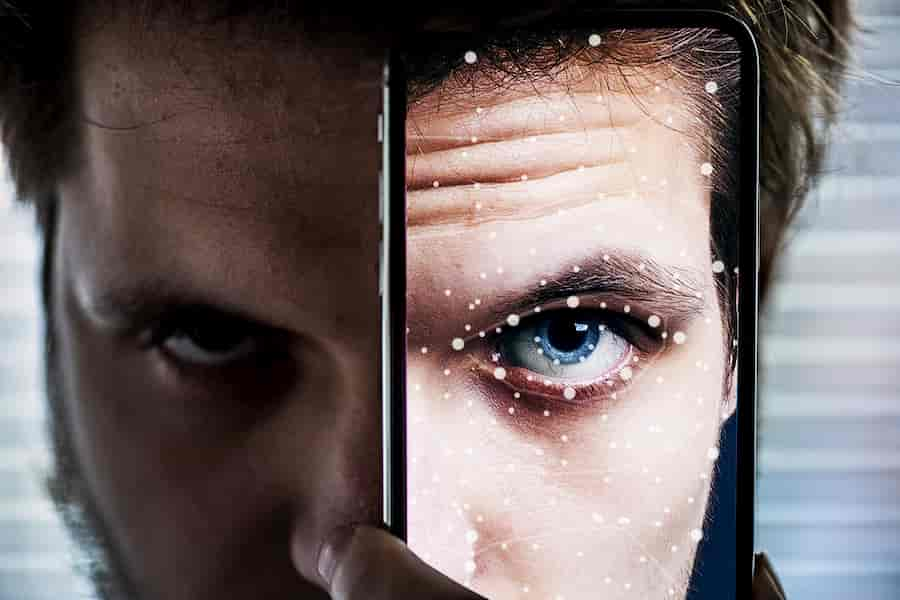The Land Registry is facing up the the digital identity challenge which has become more pronounced during the recent lockdown and continuing aftermath of the coronavirus pandemic.
In a blog released by HM Land Registry’s Deputy Chief Executive Mike Harlow, it was revealed the conveyancing processes “do not feel very 21st century” and have been difficult to maintain during the current crisis.
In his blog, Mr Harlow wrote:
“The prevention of property fraud obviously relies on the accurate verification of the parties to the transaction. Even in the best of circumstances, conveyancers checking the identity of their clients personally can be inconvenient to both. It also relies on the skill and attention to detail of person doing the checking, which can be variable. By contrast, there are technological means of checking electronic passports and similar that can be highly consistent and accurate.”
He also outlined that the organisation is working alongside the Law Society, Council for Licensed Conveyancers and Chartered Institute for Legal Executives to come up with a solution.
The four organisations were working closely together, and talking to people across the conveyancing sector to seek their thoughts.
One possible solution is utlilising biometric and cryptographic technology.
Mr Harlow added:
“Using cryptographic combined with biometric identity solutions presents a potential simple solution. When using these technologies the user places their smartphone next to their passport. The app then analyses the information from the passport chip to cryptographically check the validity of the passport. The user then records a video, which is then compared with the passport photo on the chip to achieve facial recognition. This can be done using a smartphone (Android and iPhones included), wherever they are, and the results are near immediate.
“It is essentially the same technology as is used in the automatic immigration barriers at airports.”
Law Society President, Simon Davis has highlighted that some firms have already been using digital ID checks for clients. However, the ability to conduct these checks digitally need a little more thought, especially in the current climate when social distancing is still a must.
He said:
“Cryptographic and biometric checking of identity could help reduce fraud, maintain social distancing and improve the delivery of conveyancing services during the coronavirus crisis and beyond. We will work with HM Land Registry to understand which products are most secure and reliable in producing the results that our solicitors need.”
Martin Cheek, Managing Director at AML experts SmartSearch, said:
“It is good to see the Land Registry endorsing the use of cryptographic and biometric technology to check the validity of ID documents and establish facial recognition. As they state, this is far more robust than in-person ID checks, as well as being a more practical solution while social distancing is in place.
“It is welcome, too, that this statement has been backed by prominent organisations in the conveyancing and wider legal sector.
“What they fail to mention is that to be truly reliable, facial recognition needs to be backed by and cross-referenced with other data, especially credit reporting data, to ensure that information tallies with the documentary ID and ‘liveness’ information supplied by clients. For a copper-bottomed defence against fraud and money-laundering, these checks need to be combined.”
HMLR is hosting a virtual event to explore the digital ID arena. They’re encouraging service providers and others in the profession to get involved. Register your interest for the event here.




















